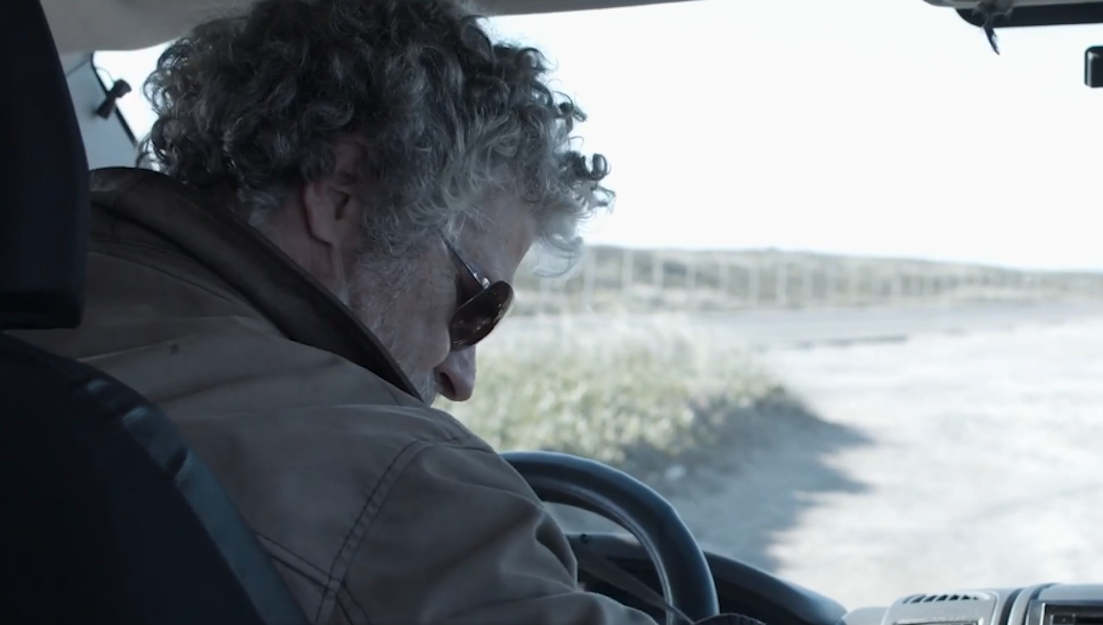Welcome to Mindful Monday! Today Shannon Braun, director of ERS' Center for Memory Support and Inclusion, discusses a topic on the minds of many older adults and their loved ones: Are they driving safely? This is the second in a two-part series about how older adults can drive more safely.
Are you or your family members starting to wonder whether your driving skills are where they need to be for you to be safe?
The American Medical Association put together a Driver Safety Self-Assessment Checklist to help with that. Other organizations, including the Ohio Department of Public Safety and Ohio Department of Transportation, are using it as a way to help older drivers and their loved ones estimate older drivers’ skill levels.
After all, as we age, changes to our bodies can worsen our driving. We may have eye changes, including loss of peripheral vision; joint stiffness; and slower reaction times; plus other things.
With people living longer, “We actually are seeing people outliving their driving ability by about seven to 10 years,” Kimberly Schwind, assistant director of the Ohio Traffic Safety Office, told us.
In 2022, 296 people 65 or older died in crashes on Ohio's roads, representing 23 percent of all traffic deaths statewide, she said. “So as we see more people aged 65 and older on our roadways, we're also seeing more people in that age group involved in fatal crashes, unfortunately.”
Below is the 25-point checklist from the AMA. After that, we’ll have advice about how you can ask your doctor about a professional driver-safety assessment, and also, how someone can help adjust your vehicle to help make you a better driver – so you see out of it better, for example.
The Driver Safety Self-Assessment Checklist
If you answer several of these questions with a yes, it’s probably time to have a professional assessment performed. The objective of an assessment, by the way, isn’t necessarily to deprive you of driving, but to help you become a safer driver by helping determine your weak areas, such as driving after dark, or on busy highways.
Are any of these true?
- I get lost while driving.
- My friends or family members say they are worried about my driving.
- Other cars seem to appear from nowhere.
- I have trouble finding and reading signs in time to respond to them.
- Other drivers drive too fast.
- Other drivers often honk at me.
- I feel uncomfortable, nervous, or fearful while driving.
- After driving, I feel tired.
- I feel sleepy when I drive.
- I have had some “near-misses” lately.
- Busy intersections bother me.
- Left-hand turns make me nervous.
- The glare from oncoming headlights bothers me.
- My medication makes me dizzy or drowsy.
- I have trouble turning the steering wheel.
- I have trouble pushing down the foot pedal.
- I have trouble looking over my shoulder when I back up.
- I have been stopped by the police for my driving.
- People no longer will accept rides from me.
- I have difficulty backing up.
- I have had crashes that were my fault in the past year.
- I am too cautious when driving.
- I sometimes forget to use my mirrors or signals.
- I sometimes forget to check for oncoming traffic.
- I have more trouble parking lately.
Ways to improve your driving
There can be help if you or others see your driving-skills deteriorating.
“We know that mobility is really essential to independence, and to basically maintaining healthy life,” Schwind said. “So people still need to be mobile.”
The first blog in this two-part series: Older adults: Are medicines harming your driving?
Ohio’s Stay Fit to Drive program “is aimed at helping people to stay safe driving as long as possible and mobile thereafter,” she said.
“At some point, we should all be preparing for our driving retirement, and how will we remain mobile afterwards and so there are tools to help us to stay safe while driving, to keep our keys for as long as we can.”

There are ways to improve the driving of older adults, without taking their keys away.
Perhaps because of your vision, you no longer should drive at night, or on highways. “It’s all about maintaining our health and mobility,” she said.
In many cities, such as Greater Cincinnati, transit systems have vans or buses that can drive people where they need to be.
If you or a loved one are having driving issues, driver rehabilitation specialists can assess your skills and put together a personalized plan that may involve adaptive devices, physical therapy, recommendations about what times of day or traffic situations you should avoid.
Or maybe it is time to consider giving up driving, for your safety and that of others.
Schwind recommends asking your physician to prescribe a session with a driver rehabilitation specialist.
Also, Ohio’s CarFit program helps optimize the way older drivers’ vehicles fit them, literally. They can help adjust your safety belts, make sure your seats and mirrors are adjusted so you have better visibility, and also can teach you things you don’t know about your vehicle’s controls. To learn more about such programs, visit carfit.org .
For more Mindful Monday Videos, click here.
Lots of other helpful information about dementia support groups, activities for people with dementia and their loved ones -- plus other resources -- can be found at theERScenter.org.
Also, You can forward this to others who would benefit from this information by clicking the symbols representing social media and email to the upper left.
To download ERS' Living Well Into the Future Guide, click below....












